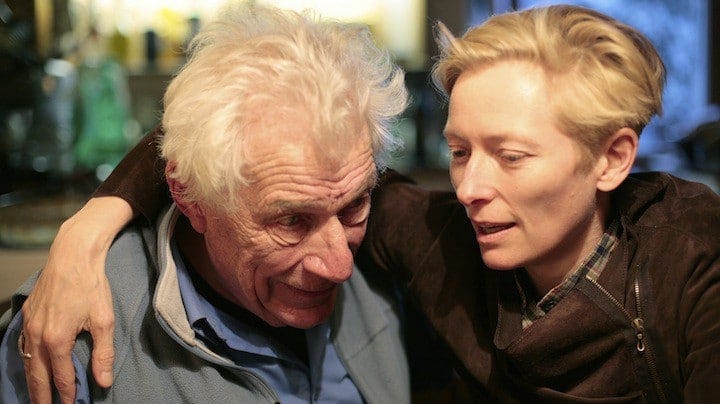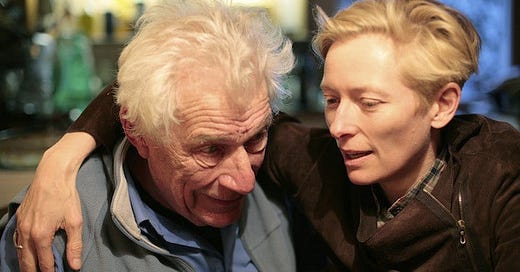‘The Seasons in Quincy: Four Portraits of John Berger’ Is a Family Album Anchored by Tilda Swinton

The Seasons in Quincy: Four Portraits of John Berger is, unavoidably, an anthology film. It is made up of four shorts, each of which was directed by a different person and shot in a different season. They all feature the eminent English artist and writer, John Berger. Anthology films often recall the old proverb about the blind men and the elephant. The…
Keep reading with a 7-day free trial
Subscribe to Nonfics to keep reading this post and get 7 days of free access to the full post archives.



